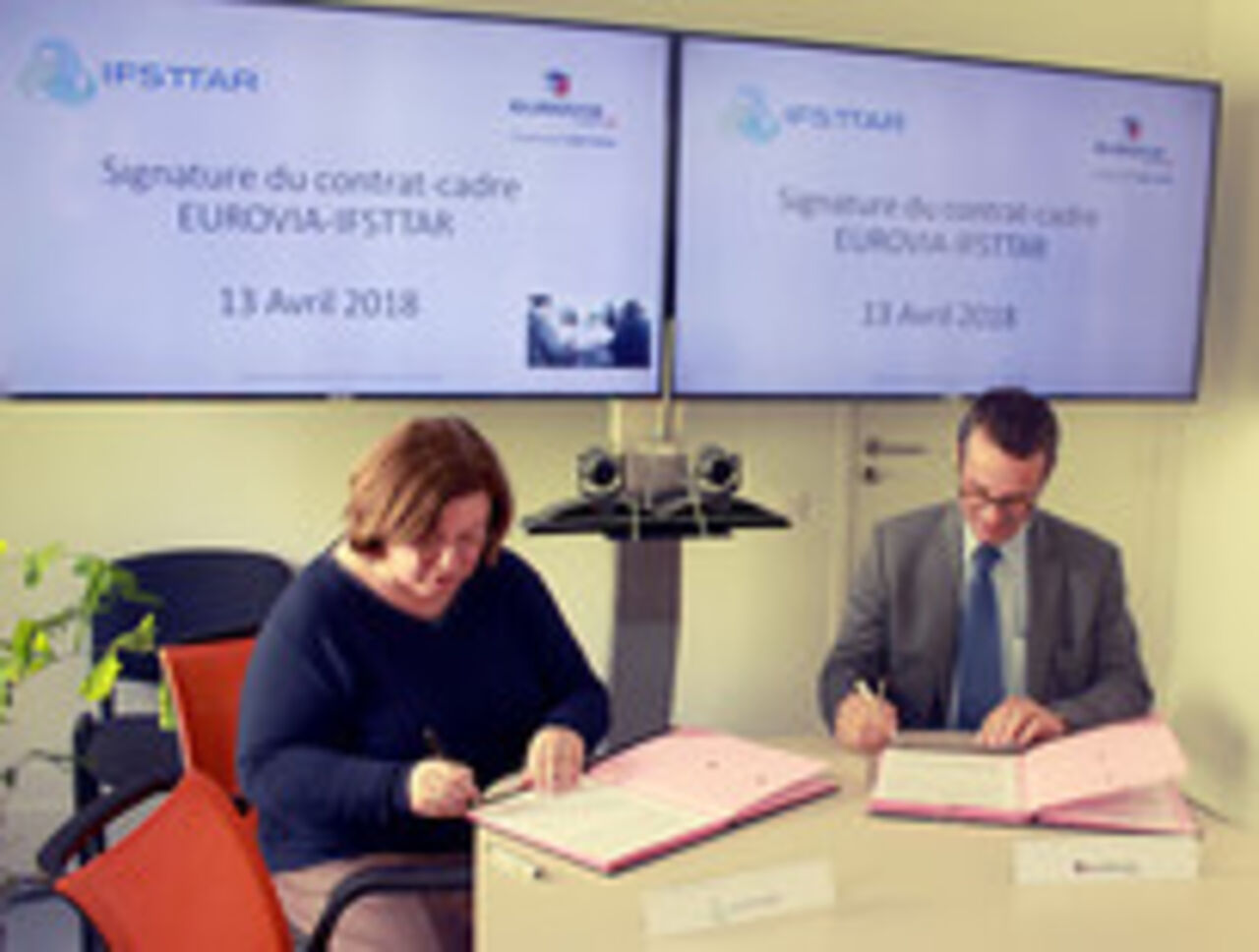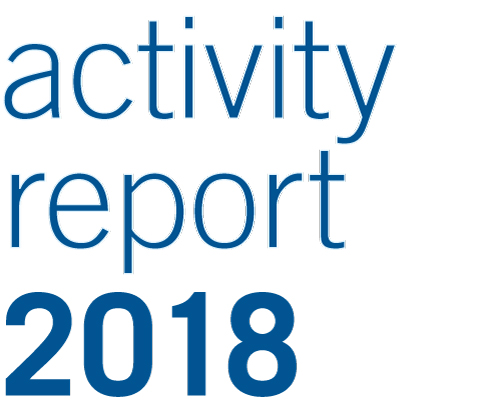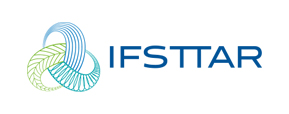Facilitating networking, project development and the monitoring of research
IFSTTAR is continuing its efforts to assist its research units and researchers in their day-to-day research activities.
Framework contracts and collaborative networks
IFSTTAR strengthens its network and partnerships through alliances or framework contracts with other institutions. At the national level, 2018 was marked by the signing in March of a scientific cooperation agreement on the theme "Cities and Transport" with Compiègne University of Technology.
IFSTTAR has also formally implemented the charter of good practices for academic and institutional partnerships that was adopted at the end of 2017, as a result of the drafting of a procedure for setting up, leading and monitoring academic and institutional partnerships.
IFSTTAR also actively participates in the life of the Université Paris-Est Community at each of its sites, as well as in the work of the National Research Alliances. As an associate member of Ancre, IFSTTAR contributed in particular to a study by the Consortium de Valorisation Thématique coordinated by IFPEN, which was released on December 18, 2018, on the challenges involved in developing new engines for off-road vehicles. Within the Allenvi Alliance, IFSTTAR participated in the strategic review of new formats for Thematic Groups and the future "Major Cross-Cutting Issues".
IFSTTAR maintains many institutional relationships through its many Jointly-managed Research Units (UMR) and joint research teams. In 2018, the project to set up a UMR with Université Paris 5, which included the Mobilité and Behaviour Psychology Laboratory, the LaPEA - the Laboratory of Psychology and Applied Ergonomics - was evaluated by HCERES and the principle was adopted by the Scientific Board. It will be the institution's 10th UMR.

Supporting the setting up of projects
On its 5th anniversary, the "Project Development Support" team is now operating at full capacity within the institution and is currently responding to more than a hundred requests from research units. Nearly half of these requests relate to project set-up, and the rest to facilitation (contract facilitation, participation in seminars, meetings of economic partners, etc.) or to requests for advice on a few specific points (identification of donors, application letters, etc.).
2018 was marked by the continuing roll-out of framework contracts. Three new framework contracts were signed with SNCF-Réseau, EUROVIA and EGIS. In all, 15 framework contracts have been signed with major groups. They build loyalty and expedite the signing of agreements. They are one of the ways in which IFSTTAR's own resources which now amount to almost €20 million, from about 160 agreements per year. Over the period 2013-2018, an €8M increase in the Institute's own resources has thus occurred.
Our partners are mainly from three market sectors: road and rail transport, infrastructure and construction, nuclear and offshore energy. They ask us to carry out projects essentially related to four scientific themes that are priorities for the Institute: the circular economy, risk management, new technologies around the 5th Generation Road and the design of the autonomous vehicle from the point of view of ergonomics and new technology.
In 2018, the Project Development Support team responded to requests from ADEME to test autonomous shuttles between 2019 and 2022. The ENA project (Autonomous Shuttle Testing) led by IFSTTAR was first of all approved by ADEME after which a proposal which brought together ten partners and six zones under the leadership of IFSTTAR was submitted at the end of the year.
IFSTTAR has incorporated in its Goals and Performance Contract its willingness to collaborate with all types of players, including SMEs, which are generally less well integrated within innovation networks. The "Innov'day" formula had been acclaimed by SMEs in 2016. It was renewed in 2017 and 2018 on the theme of rail transport. It has been opened up to our partners in the railway sector and offers SME's opportunities for networking and publicity. In addition, an event dedicated to transport sector SMEs was held at IFSTTAR’s site in Bron, in collaboration with the CARA cluster, in order to introduce SMEs to the research opportunities that IFSTTAR can offer them.
With regard to Europe, 2018 was marked by the Institute gaining eight new European projects.
In 2018, IFSTTAR continued its involvement in the Institutes for the Energy Transition (ITE Efficiency and Vedecom) and in the Institutes of Technological Research (IRT Railenium, System-X, Jules Verne) by continuing to provide on secondment the equivalent of six full-time equivalents per year.
Managing and monitoring research activity
2018 is the second year of the deployment of the SI recherche tool (a tool for managing and capitalising on research projects and laboratory expertise). Several new features have been introduced, including the "campaign" module, which was used to compile the projects presented in this activity report, as well as the "amendment" module devoted to the incentive mechanisms developed by the Scientific Directorate. With this module, researchers can apply for funding directly when using the tool.
In 2018, the Scientific Directorate, in conjunction with the Directorate for European and International Affairs, organised meetings to conduct reviews and explore opportunities with the departments to which the other functional directorates were invited. These meetings, which took place in November, provided an opportunity to take stock of the past year and discuss the prospects for 2019 while planning reporting activities (on the research programme and to produce this activity report). The beneficiary listening that is carried out during these meetings with the departments was reported and discussed at the CSR in December and at the COMEX at the beginning of the year. The objective is to use this feedback to make an annual improvement in the organisation of information collection methods.

